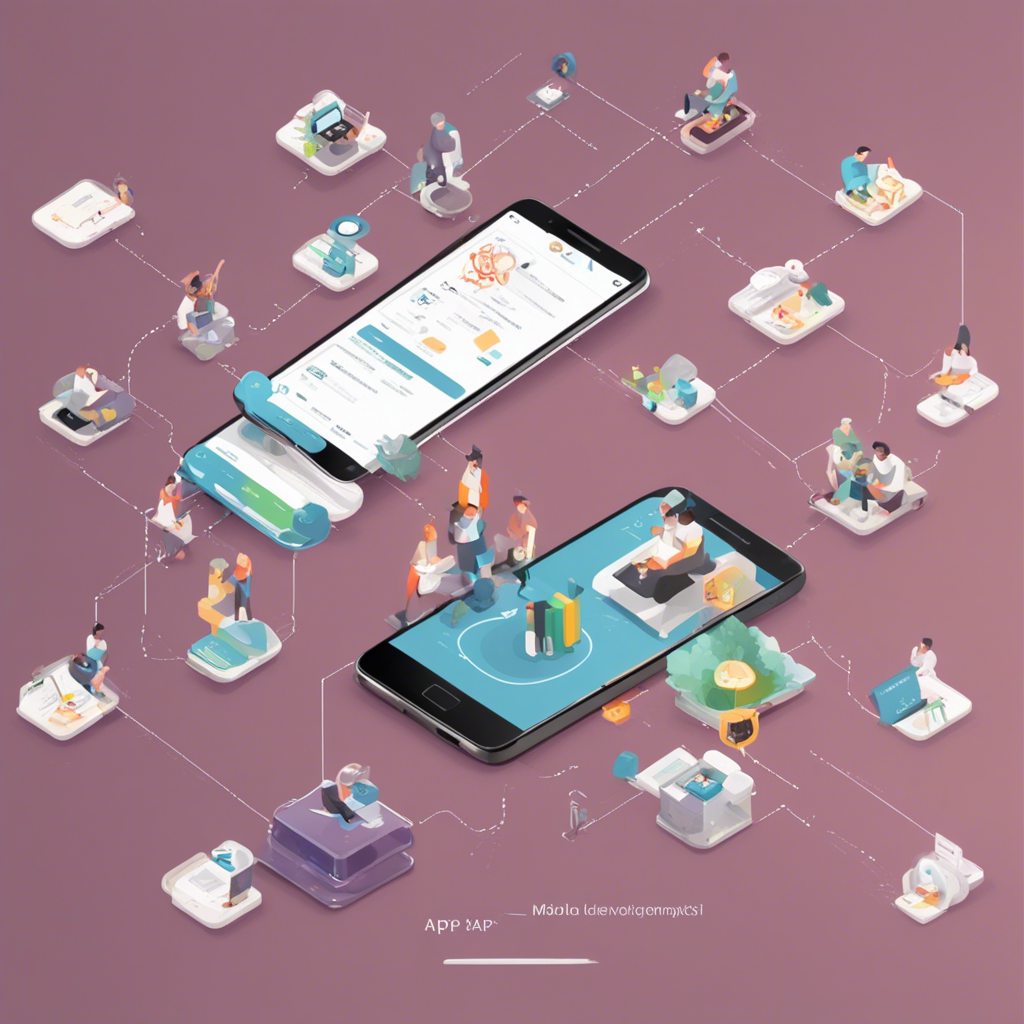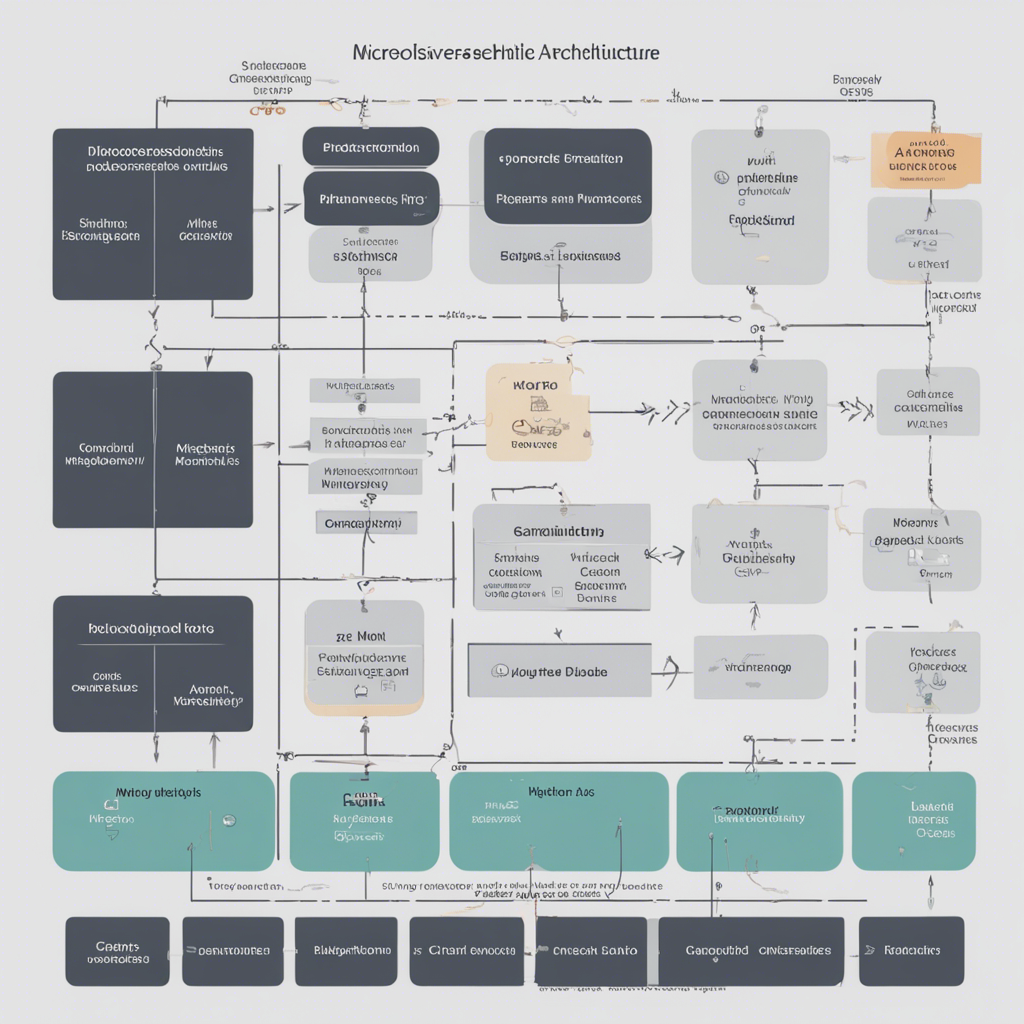
Quantum Computing Explained: Unlocking the Power of the Future
In the realm of technology and innovation, quantum computing has emerged as a groundbreaking field that could potentially revolutionize the world as we know it. This advanced branch of computing leverages the strange and intriguing principles of quantum mechanics to solve complex problems exponentially faster than classical computers. In this blog post, we will explore the fundamental concepts behind quantum computing, its potential applications, and the challenges it faces.
Understanding Quantum Computing: Breaking the Limitations
Traditional computers, or classical computers, process and store information as bits, represented in binary, either as a 0 or a 1. Quantum computing, on the other hand, utilizes quantum bits, or qubits, which can exist in a superposition of states - both 0 and 1 simultaneously. This unique characteristic allows quantum computers to perform parallel computations and solve problems exponentially faster.
Quantum Superposition and Entanglement
Quantum superposition is one of the foundational principles of quantum mechanics that drives the power of quantum computing. It allows qubits to exist in multiple states at the same time, exponentially increasing computational capability.
Another critical concept is quantum entanglement, which connects two or more qubits in a way that the state of one qubit instantly affects the state of the others, regardless of their distance apart. This phenomenon enables the creation of highly correlated systems used for tasks such as secure communication and data transmission.
Quantum Gates and Quantum Circuits
Similar to classical computers that use logic gates to manipulate and process data, quantum computers employ quantum gates to perform operations on qubits. Some widely used quantum gates include the Hadamard gate, CNOT gate, and Pauli-X gate.
These gates, combined in specific sequences, form quantum circuits, which are analogous to classical computer programs. Quantum algorithms, designed using these circuits, can leverage the power of superposition and entanglement to solve problems that are computationally infeasible using classical algorithms.
Quantum Computing Applications: Transforming Industries
Quantum computing has the potential to revolutionize various domains by solving complex problems faster and more efficiently. While still in its early stages, researchers and scientists are exploring several key application areas of quantum computing:
Cryptography and Security
Quantum computing offers a powerful advantage in cryptography by providing a framework for developing unbreakable encryption algorithms. It can also help in understanding and mitigating vulnerabilities within existing encryption protocols, ensuring stronger data protection.
Optimization and Logistics
With its ability to process large datasets and complex algorithms simultaneously, quantum computing shows promise in optimizing logistics and supply chain management. It can address problems such as route optimization, scheduling, and inventory management, leading to significant cost savings and improved efficiency.
Drug Discovery and Material Science
Quantum computing’s computational capabilities can greatly expedite the process of drug discovery by simulating molecular interactions and identifying potential drug candidates. Additionally, it can advance material science research by optimizing material properties and designing novel materials with unique characteristics.
Machine Learning and AI
Quantum computing can enhance machine learning and artificial intelligence algorithms by accelerating training and optimization processes. It enables quicker analysis of vast amounts of data, leading to more accurate predictions, pattern recognition, and personalized recommendations.
Challenges and Considerations
While quantum computing holds great promise, significant challenges must be overcome before widespread adoption can occur:
Quantum Decoherence and Error Correction
Quantum systems are highly susceptible to errors caused by decoherence, a process where qubits lose their quantum state due to environmental factors. Error correction techniques, such as quantum error correction codes, are being developed to mitigate these errors and enhance the reliability of quantum computations.
Scalability and Resources
Building practical, scalable quantum computers that can handle complex real-world problems remains a significant challenge. Researchers are exploring various technologies, including superconducting qubits, trapped ions, and topological qubits, to achieve scalable and stable quantum systems.
Access and Affordability
Quantum computing is currently limited to well-funded scientific institutions and companies due to the highly specialized equipment and expertise required. Achieving broader access and affordability is crucial to advance quantum computing and drive innovation.
The Future of Quantum Computing
As research and development in quantum computing progress, we can expect to witness breakthroughs that will shape the future of technology. While we may still be years away from the widespread adoption of quantum computers, the potential it holds for transforming industries and solving complex problems is truly transformative.
Quantum computing is an intellectually captivating and multifaceted field that has the power to address some of our most pressing challenges. By harnessing the principles of quantum mechanics, scientists and researchers are unlocking new frontiers in computing and paving the way for a remarkable future.
References:
- Nielsen, M. A., & Chuang, I. L. (2010). Quantum Computation and Quantum Information. Cambridge University Press.
- Preskill, J. (2018). Quantum Computing in the NISQ era and beyond. Quantum, 2, 79.
- IBM Quantum. “Introduction to Quantum Computing.” https://www.ibm.com/quantum-computing/learn/what-is-quantum-computing/
- Microsoft Quantum. “Quantum Computing for Everyone.” https://www.microsoft.com/quantum/






